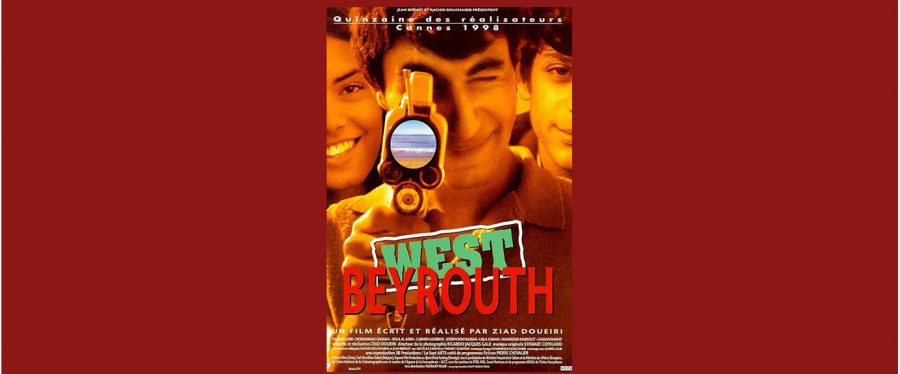‘West Beirut’ review
WSS reviews the small but powerful film of a teenager in the Lebanese Civil War, “West Beirut”.
Ziad Doueiri’s directorial debut, “West Beirut”, brings together Lebanon’s most acclaimed actors and its most destitute citizens to create a cinematic history of the Lebanese civil war as seen through the eyes of a Beiruti teenager, Tarek. Doueiri’s use of humor and spectacles of teenage antics throughout the film, despite the seriousness of the topic at hand, initially insulate the viewer from the destruction and death that rapidly unfolds in the background. However, sporadic bursts of chaos interject themselves to remind us of the conflict’s severity. Ultimately, with its minuscule budget of 800,000 dollars, “West Beirut” succeeds to endear us with an absurd plot catalyst and hilarious characters, while also tackling the enormous subject of the Lebanese civil war. Unfortunately, it also has a few flaws, ranging from a couple racist translations, to the small presence of the main female character.
Tarek, a high school student at a French academy in Beirut, instantly reveals himself to be the class clown in the opening scenes of the film. During the school’s reciting of the French National Anthem in the courtyard, Tarek stands atop a balcony and begins to shout the Lebanese national anthem into a megaphone. Slowly the whole school joins in, to the French teacher’s dismay. Tarek maintains this sense of foolery throughout the film. In fact, it was because he had been kicked out of the classroom that he witnessed the massacre of several bus passengers through the school windows. This would mark the beginning of the Lebanese civil war. Tarek is at first dazed by the conflict, but quickly becomes ecstatic with the realization that school is canceled, as Beirut has been split into two: Christian east Beirut, and Muslim west Beirut. Tarek now finds himself in West Beirut, unable to cross the militarized divide to his French school on the other side. During this time, Tarek goes to his best friend Omar’s house, and finds that Omar’s uncle and his girlfriend have stopped by. Tarek and Omar are stunned by how beautiful she is, and decide to take a surreptitious video of her from behind a door. They then go around Beirut trying to find a store to develop the tape, a nearly impossible task during the war.
The premise of the movie would appear to be solemn at first glance, but strong character presences such as Omar, Um Walid, and the vexed neighbor provide a hilarious ambiance, yet don’t contradict the horror of war. While the environment is masterfully produced, there were some missteps made nonetheless. May, the girl that tags along with Tarek and Omar on their search for a store to develop their super-8 film, has little dialogue in the film. Although she is portrayed as shy, it gives the impression that she is merely there for Tarek’s enjoyment. This could have been rectified with even a little more focus or background on May.
Otherwise, “West Beirut” is a brilliant portrayal of a teenager’s perspective of the Lebanese civil war. It’s evident that the reason it feels so real is because it’s based on director Doueuri’s childhood experience of the war. Perhaps this is why there seems to be a rose-colored filter placed on the conflict: because Doueiri had simply translated what he felt as a child into the film.
I recommend this film to anyone that wants to learn more about the Lebanese civil war. I also recommend it to anyone that wants to laugh with characters despite the adversity that they face.
Your donation will support the student journalists of West High School. Your contribution will allow us to purchase Scholarship Yearbooks, newsroom equipment and cover our annual website hosting costs.



